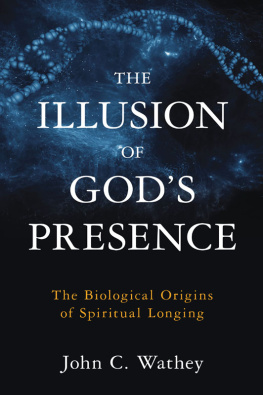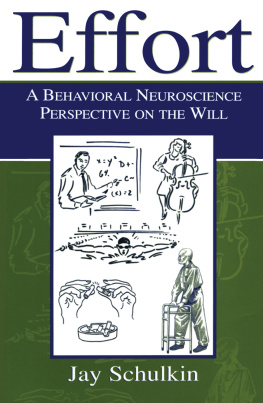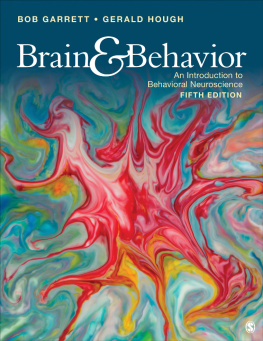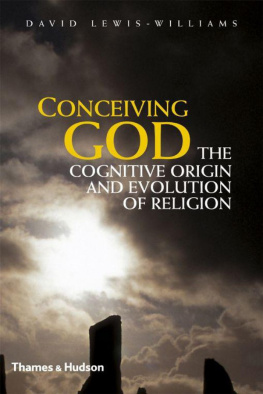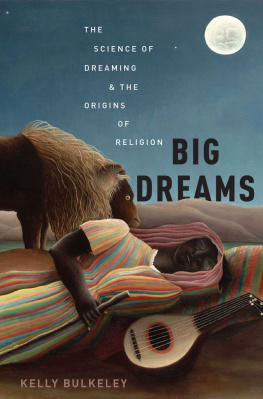

An imprint of Globe Pequot, the trade division of
The Rowman & Littlefield Publishing Group, Inc.
4501 Forbes Blvd., Ste. 200
Lanham, MD 20706
www.rowman.com
Distributed by NATIONAL BOOK NETWORK
Copyright 2022 by John C. Wathey
All rights reserved. No part of this book may be reproduced in any form or by any electronic or mechanical means, including information storage and retrieval systems, without written permission from the publisher, except by a reviewer who may quote passages in a review.
British Library Cataloguing in Publication Information Available
Library of Congress Cataloging-in-Publication Data Available
ISBN 978-1-63388-806-7 (cloth : alk. paper) | ISBN 978-1-63388-807-4 (ebook)
 The paper used in this publication meets the minimum requirements of American National Standard for Information SciencesPermanence of Paper for Printed Library Materials, ANSI/NISO Z39.48-1992
The paper used in this publication meets the minimum requirements of American National Standard for Information SciencesPermanence of Paper for Printed Library Materials, ANSI/NISO Z39.48-1992
In memory of M. Michael Huntley
I became my own test subject. Look at that! Im talking with God. It sure feels real, but it must be a trick of the brain. It hadto be a trick of the brain, since it was beginning to look like a personal god probably did not exist. What a strange and wonderful thing to realize.Dan Barker
Mythology is not invented rationally; mythology cannot be rationally understood. Theological interpreters render it ridiculous. Literary criticism reduces it to metaphor. A new and very promising approach is opened, however, when it is viewed in the light of biological psychology as a function of the human nervous system, precisely homologous to the innate and learned sign stimuli that release and direct the energies of natureof which our brain itself is but the most amazing flower.Joseph Campbell
Contents
Guide
It was not neuroscience that caused former Christian evangelist Dan Barker to lose his belief in God. It was more a gradually escalating discomfort with the unfulfilled promises of the religion, the empirically testable aspects of Scripture that seemed not to hold up to experiment, and the growing realization that its most fundamental ideas no longer made sense. As with many believers, his personal experience of the presence of God had once seemed compelling evidence of the divine, and to this day he marvels that he can still summon those feelings. His flash of insight that appears as the first epigraph to this book beautifully expresses both the joy of seeing through an illusion and the deep questions that immediately follow. Whyare humans prone to this illusion? Howdoes the brain trick us in this way? In my first book, The Illusion of Gods Presence, I tried to answer the whyquestion. Here I deal mainly with how, and that takes us into the braina journey that a prescient Joseph Campbell could only imagine in 1959.
Since the advent of functional neuroimaging, the temptation to peek into the brains of people praying, meditating, or speaking in tongues has been irresistible. It has spawned a new discipline, or at least a new genre in popular science writing: neurotheology. Most of the results, however, have been disappointing. There is no consensus about what kind of mystical experience should be studied, little consistency in findings across studies, a dearth of clear hypotheses to test, and ample room for unconstrained speculation. Understandably, neurotheology has its detractors. Yet religion really is a profoundly important aspect of human behavior, one that merits scientific scrutiny. The neuroscience of religious experience is in its infancy, its techniques are rapidly improving, and what it most needs now are specific and testable hypotheses that lead to good experimental questions.
I did my PhD in the lab of Ted Bullock, one of the founding fathers of neuro ethology(not to be confused with the almost identically spelled neuro theology). Ethology is the study of animal behavior in its natural context and emphasizes the evolutionary origin of the behavior and its role in the animals reproductive success.
Next page

